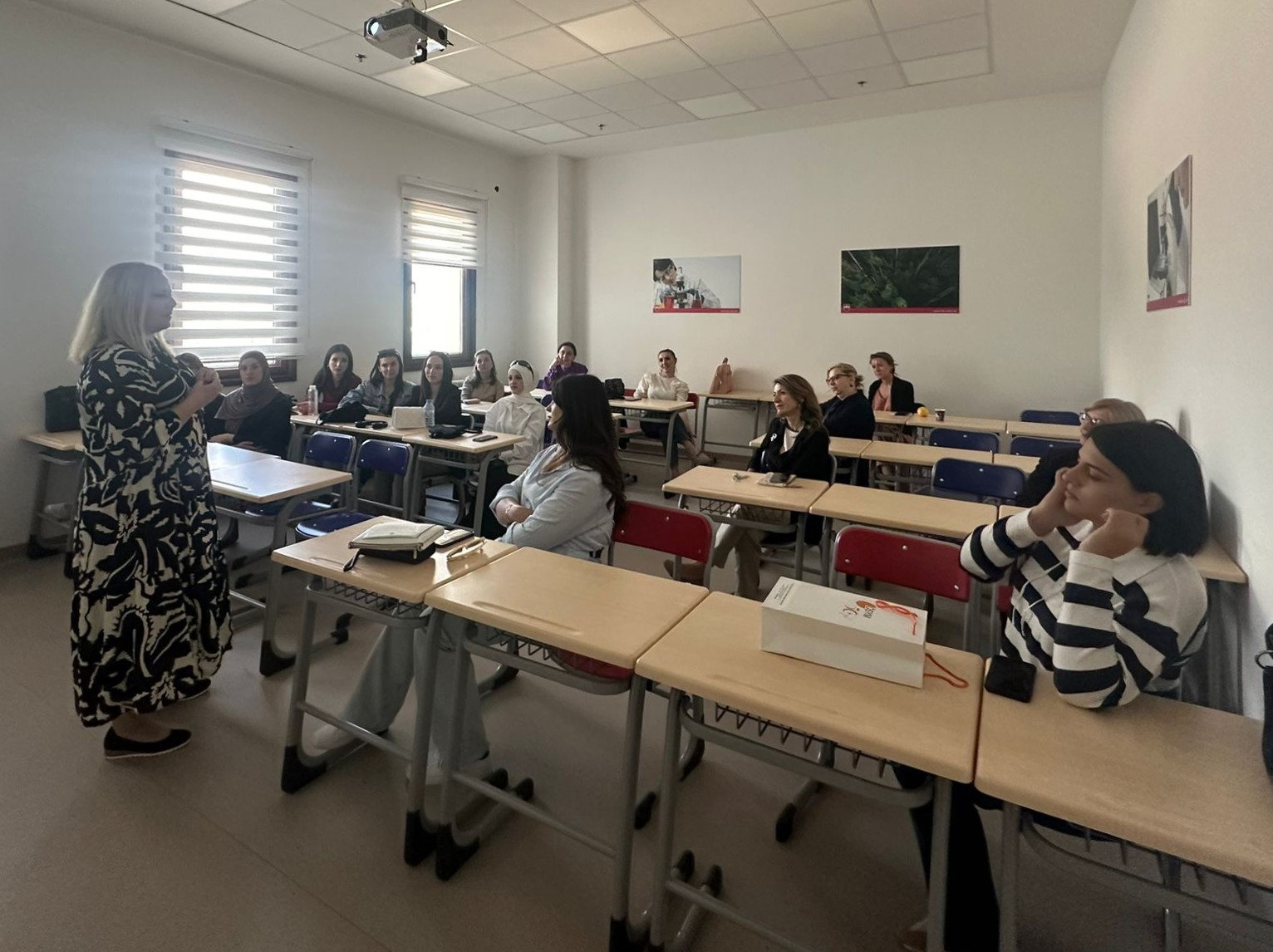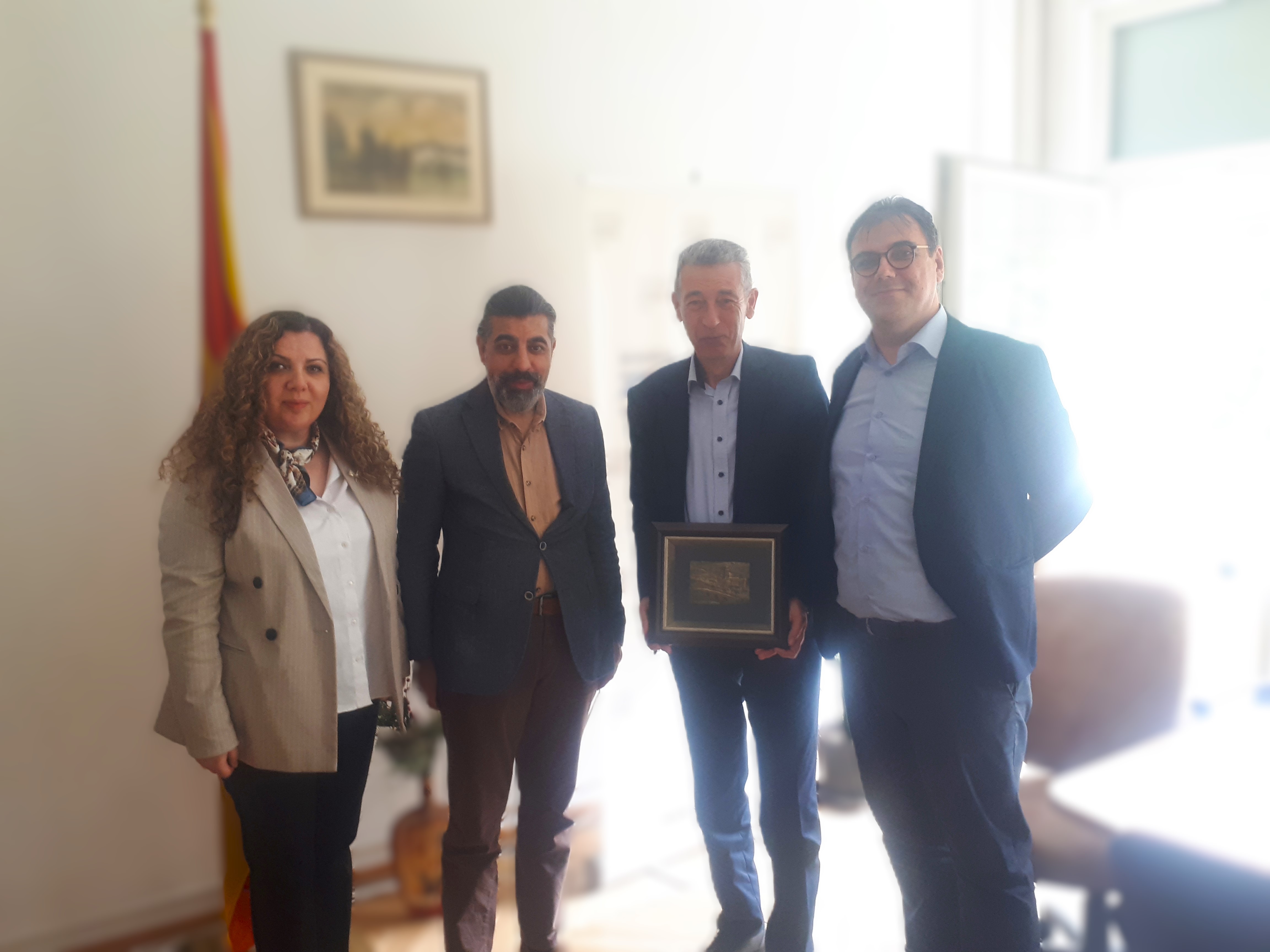IBU officially launches the Balkan Research Center
International Balkan University (IBU) has officially launched the Balkan Research Center (BRC) which aims to conduct research which will have a profound impact on policy-making, economic development and cultural issues, among others, and aims to be a significant platform for innovation and contemporary research with inclusivity for academicians and volunteers.
During the opening ceremony, opening remarks were delivered by rector of IBU, Prof. Dr. Lutfi Sunar, and vice rector and director of BRC Assoc. Prof. Dr. Mevludin Ibish.
Together with the official opening, also a panel discussion entitled "Global Impacts of the Ukraine and Gaza conflicts and the geopolitical context in the Caucasus: Political, Social and Economic implications" was organized.
Moderator of the panel was Assoc. Prof. Dr. Mevludin Ibish, Vice Rector of IBU and Director of the Balkan Research Center, and the speakers were H.E. Fatih Ulusoy, Ambassador of the Republic of Turkiye, H.E. Kamil Khasiyev, Ambassador of the Republic of Azerbaijan, and Hon. Gabriel Gualano de Godoy, UNHCR Representative in North Macedonia.
Significant number of guests and students attended the opening ceremony that was held in Conference Hall in IBU Campus in Skopje.
- About the Balkan Research Center
The Balkan Research Center (BRC) is a research center established in 2024, with the aim of conducting research which will have a profound impact on policy-making, economic development and cultural issues, among others.
BRC aims to be a significant platform for innovation and contemporary research with inclusivity for academicians and volunteers.
Planned events and projects of BRC include Panel discussions, research projects and academic journal publications with lasting impacts on academic and decision-making circles, as well as the general community in North Macedonia and throughout the Balkans.
The goal of the Balkan Research Center is to provide objective, well-researched analyses in order to help academic entities and public entities, as well as other stakeholders, make informed decisions and formulate effective policies.
Balkan Research Center conducts its research activities with experts in their respective fields as well as young researchers through its research entities, specializing in specific fields.
The BRC its activities will focus in three research branches: “Political, Social and Legal Studies”, “Economic Development Studies” and “Language and Cultural Studies”.
1. Political, Social and Legal Studies
- The Political, Social and Legal Studies within the Balkan Research Center aims to raise awareness of strategically important issues and the dynamics of development of political, legal, social and educational phenomena in the Balkan countries, to research them, to develop models for their development and fit them into appropriate policies. Our team is building a conceptual and methodological apparatus for systematic observation, impartial and in-depth analysis of developments in politics, law, social development and education in the Balkans. Our analyzes will be dedicated to the thematic units covered by the department. They refer to individual Balkan countries, to a group of Balkan countries, and to the Balkans as a whole.
2. Economic Development Studies
- Economic Development Studies at the Balkan Research Center will be dedicated to exploring the multifaceted challenges and opportunities surrounding economic development in the Balkan region. Our research will focus on understanding the socio-economic dynamics, policy frameworks, and institutional mechanisms that shape development outcomes in this diverse and dynamic area. Through rigorous research and analysis, we aim to generate actionable insights to inform policymakers, businesses, and communities with the ultimate goals of fostering sustainable economic growth and promoting inclusive economic development across the Balkans. This includes, but not limited to, sustainable development practices, cost of living, labor market dynamics, financial sector development, trade integration and competitiveness, macroeconomic stability, income inequality, poverty, and other socio-economic aspects.
3. Language and Cultural Studies
- Language and Cultural Studies will be researching, documenting, and preserving the diverse languages spoken across the Balkan region and analyzing the influence of the English language on them. The focus will be on promoting linguistic diversity and supporting language revitalization initiatives. Language and Culture Studies will promote the rich cultural heritage of the Balkans. This includes studying traditional customs, folklore, rituals, and artistic expressions unique to the region. Interdisciplinary collaboration between linguists, anthropologists, historians, sociologists, and other scholars to gain a comprehensive understanding of Balkan languages and cultures will be encouraged.
Last News

Illuminating Gestalt Workshop Recap
30 Apr 2024
IBU Hosts 4th year High School Students
29 Apr 2024
IBU hosts High School students from the region
26 Apr 2024



